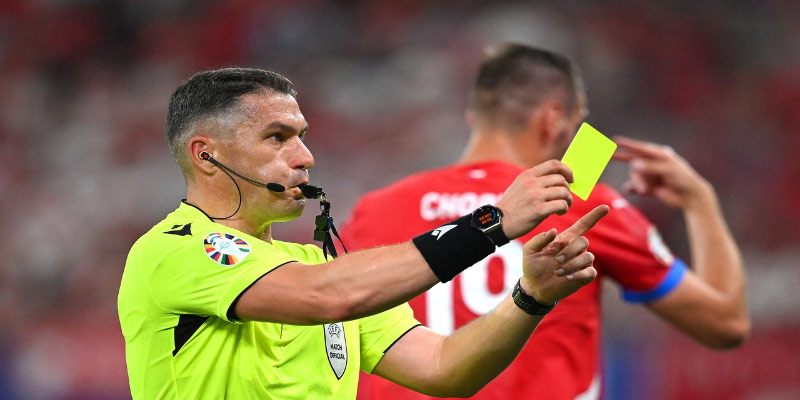
Secrets Behind the Yellow Card in Football
In the thrilling world of football, few moments stir as much debate as the flash of a yellow card. This seemingly simple gesture carries the weight of discipline, controlling tempers and preserving fair play. But beyond its surface lies a rich history and untold stories that shape the game we love. At marketedin.com, we celebrate every detail of the beautiful game, including the yellow card’s profound impact on players, matches, and fans alike.
Reasons for Receiving a Yellow Card
Understanding why players receive yellow cards can deepen our appreciation for the game’s complexities. Several infractions warrant a yellow card, each rooted in the desire to maintain order and uphold sportsmanship. Below are some common reasons players find themselves cautioned by referees.
Foul Play and Dangerous Actions
Foul play refers to any action that is deemed illegal according to the Laws of the Game, including tackles that endanger an opponent. Dangerous actions can vary widely, from reckless challenges to intentional fouls aimed at disrupting the flow of play.
Reckless tackles, which occur when a player shows no regard for the safety of their opponent, are particularly prone to result in yellow cards. For instance, a late tackle that catches the opponent off guard can lead to significant injury and is thus treated seriously by match officials.
Moreover, players must also be wary of using excessive force during contests for the ball. A challenge that is aggressive or deemed overly violent could easily see a player handed a yellow card as a warning. The referee’s decision in these cases is often subjective, relying on their interpretation of the situation, but the overarching goal remains: to protect players from unnecessary harm.
Unsporting Behavior
Unsporting behavior encompasses a wide range of actions that deviate from the expected norms of conduct in football. This might include taunting opponents, showing dissent towards the referee’s decisions, or engaging in provocative gestures.
For example, a player who reacts angrily after being called offside may receive a yellow card for arguing with the referee, demonstrating a lack of respect for authority on the field. Additionally, players who celebrate excessively after scoring a goal at the expense of their opponents can also be cautioned for unsporting behavior.
Referees are vigilant when it comes to unsporting acts, as they not only disrupt the flow of the game but can also incite tension between teams. By issuing yellow cards for such behavior, officials encourage players to maintain composure and respect toward one another, which ultimately enhances the match experience for everyone involved.
Time Wasting and Unsporting Conduct
Time wasting is a strategic move often employed by teams looking to preserve their lead, but it can also attract the attention of referees. Players who engage in deliberate acts to slow down the game, such as taking excessive time during throw-ins or corner kicks, can find themselves cautioned with a yellow card.
While time-wasting tactics can be effective, they undermine the integrity of the match and diminish spectator enjoyment. A yellow card issued for such conduct serves as a reminder that football should be played in the spirit of competition rather than manipulation.
In addition, players who exhibit unsporting conduct—such as feigning injury or attempting to deceive the referee—are also susceptible to receiving yellow cards. These actions compromise the integrity of the game and could potentially sway the outcome of a match unfairly. Referees are diligent in addressing these infractions, ensuring that the true spirit of the game prevails.
Persistent Fouling
Persistent fouling occurs when a player commits multiple fouls throughout a match, even if they are not of particular severity. Such behavior indicates a disregard for the rules and may prompt referees to take action. Players who consistently infringe upon their opponents’ rights to play the ball can find themselves on the receiving end of a yellow card.
The rationale behind this rule is straightforward: persistent fouling can disrupt the rhythm of the game and escalate tensions on the pitch. By issuing a yellow card for repeated infringements, referees send a clear message that this kind of behavior will not be tolerated.
Additionally, persistent offenders may place their team at a disadvantage if they receive a yellow card early in the game, as they must tread carefully for the duration of the match. This added pressure can affect a player’s performance, leading to mistakes and ultimately impacting the team’s overall strategy.




